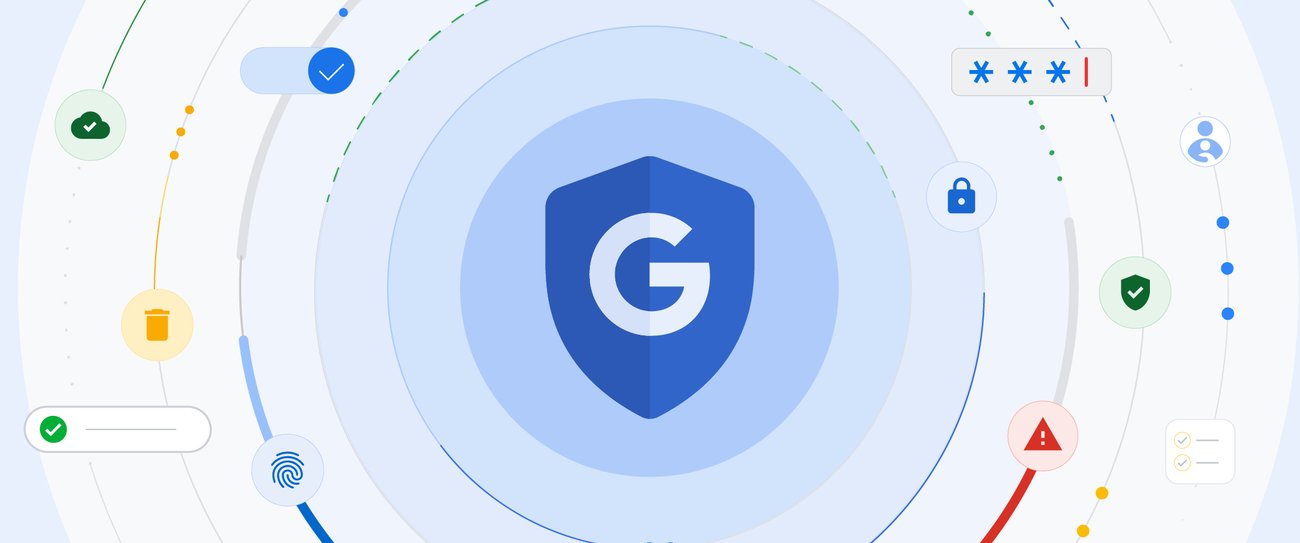Artificial intelligence is at the center of our digital future. It holds great economic potential within a region as fast-growing as Asia Pacific, and can have a major positive impact on the security ecosystem — but only if we are bold and responsible with its development and regulation. Because AI presents novel security risks, we must consider how to address unintended harms and misuse like misinformation and cyber risks.
From a public policy perspective, we’ve outlined what we believe it will take to get this right. Namely, that’s putting technical and commercial guardrails in place to prevent malicious uses of AI and working collectively to bolster cybersecurity and maximize AI’s potential benefits. To achieve this shared goal in a region as diverse as Asia Pacific, it’s more important than ever to work together.
Here’s an update on how we’re deepening our work and partnerships to strengthen cybersecurity across the region.
Training to boost cybersecurity skills
Asia Pacific faces more cyberattacks than any other region, and its chronic talent shortage only exacerbates the region’s vulnerability to attacks. To help close the cyber skills gap, we created the Google Cybersecurity Certificate program which can help anyone prepare for a career in cybersecurity. The course can be completed online in under six months of part-time study with no prior experience required — culminating in a professional certificate from Google. By providing a more accessible way for people to gain the entry-level skills required in the cybersecurity field, we hope to see the talent shortage shrink over time.
In Tokyo today, we announced that we will make the certificate program available in Japanese and offer 20,000 scholarships through the Japan Reskilling Consortium. This is in addition to existing partnerships with CERT-IN in India and Cyber Security Agency of Singapore, through which we’re offering 125,000 scholarships across the region.
Helping organizations of all kinds and sizes
We provide organizations with a wide range of tools and solutions that make strong security pervasive and simple for everyone. But oftentimes, smaller and medium-sized organizations lack the preparedness and proper protection against cyber attacks. This is where the work of nonprofits becomes crucial, and so we’re committed to supporting them to help others stay resilient against evolving cyber threats.
Through Google.org, Google’s philanthropic arm, we’re providing US$15 million to The Asia Foundation to launch the APAC Cybersecurity Fund in partnership with CyberPeace Institute and Global Cyber Alliance across 13 locations in the Asia Pacific region. Working alongside organizations and universities across the region, The Asia Foundation aims to bolster the cyber capabilities of 300,000 underserved micro and small businesses, nonprofits and social enterprises. By training local communities and students with upskilling tools and cyber clinics, they’ll be better equipped to defend themselves against online risks.
Sharing our resources for stronger security
Cybersecurity is an ecosystem-wide challenge. In addition to building skills and capabilities, we need to support collaboration and learn from one another in order to more quickly address changing contexts and increasingly sophisticated threat actors.
The Secure AI Framework (SAIF) is a conceptual framework for secure AI systems based on our security best practices, which we published earlier this year for others to learn from. A framework across the public and private sectors is essential for making sure that responsible actors safeguard the technology that supports AI advancements — so that when AI models are implemented, they’re secure-by-default.
Over many years of working on cybersecurity, we’ve also learned that for efforts to succeed in the long-term, you have to build a community to support and advance the work. This is why we are pleased to be establishing a Cybersecurity Center of Excellence in Japan for not only Japan but the entire region. It will serve as a hub to facilitate policy dialogues, provide training programs to individuals, organizations and government, and support research by universities and research institutions.
Through this cybersecurity center of excellence, we hope not only to raise awareness of cybersecurity risks but also build trust in and grow the digital economy, both in Japan and across the region.








